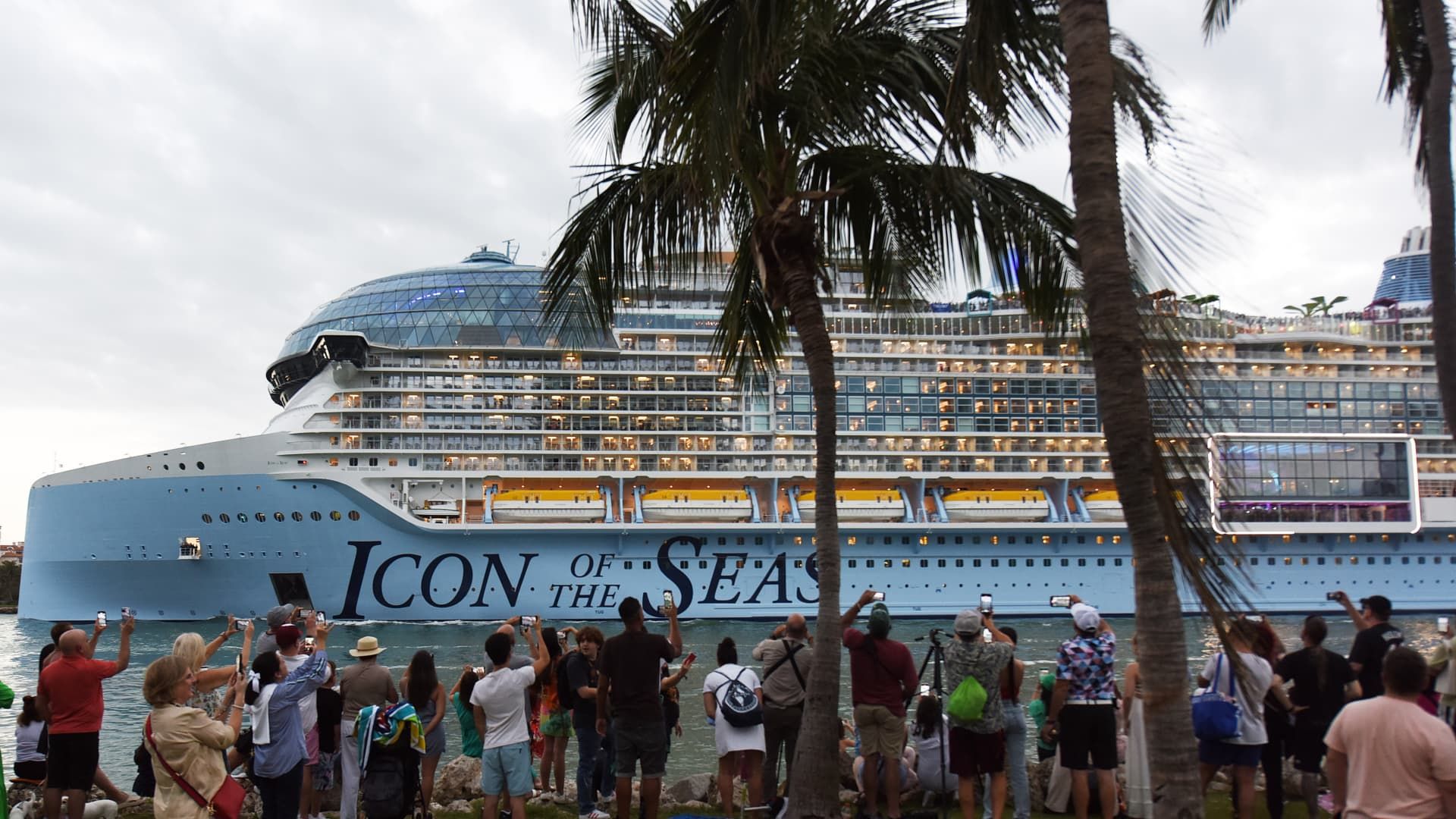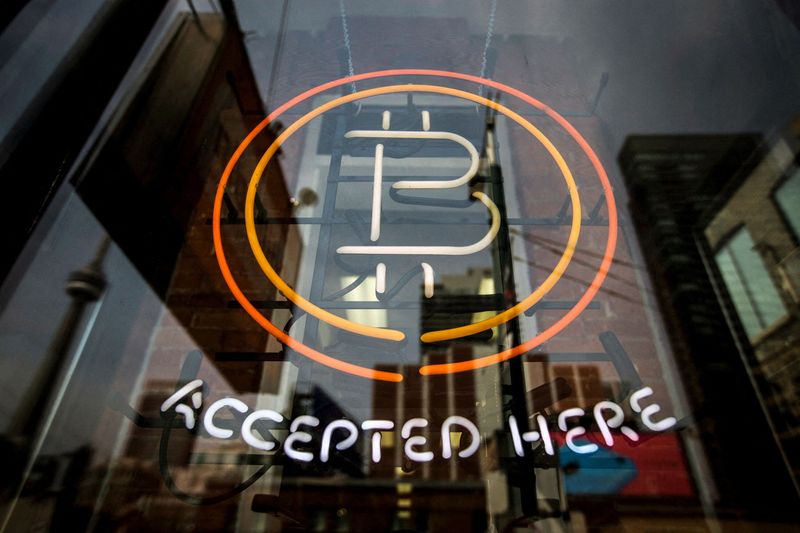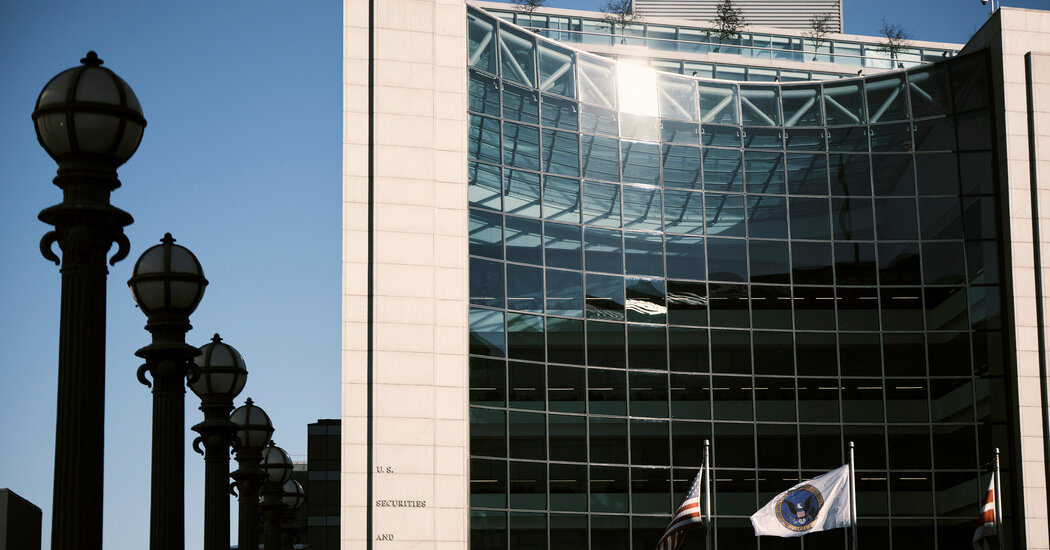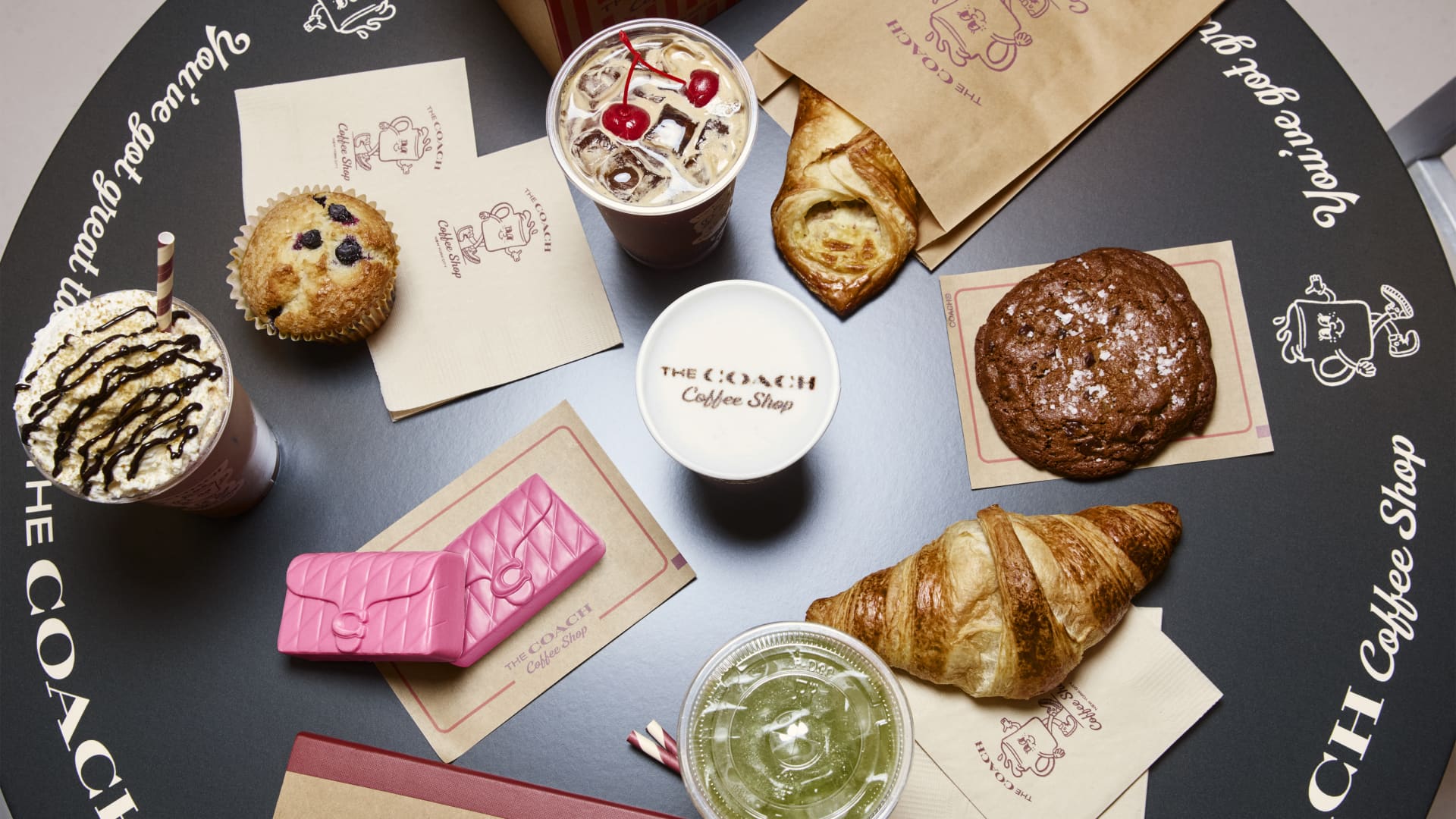As consumers become more selective about how and where they vacation, cruise lines are fighting for Americans' travel budgets. Royal Caribbean He believes shortening trips and packing days with exclusive activities and opportunities will keep customers engaged.
“I think our mindset is all about experience,” Royal Caribbean CEO Jason Liberty said on CNBC's “Squawk on the Street” this week. “More than half of our guests are millennials or younger, and when you ask those guests, about 42% of them say that in the next 12 months their plans are really to do shorter vacation experiences.”
Aboard Royal’s Utopia of the Seas, the world’s second-largest ship with a maximum capacity of nearly 5,800 passengers, guests are welcomed to 13 pools, 21 dining options, two casinos and more. This is the second cruise ship Royal Caribbean has launched in a span of six months. Liberty says the voracious appetite for cruising post-pandemic has not diminished.
“We are not seeing any pushback from consumers, either when it comes to planning their long-term vacation experiences… [or] “Then on the ships, they go out and continue spending,” Liberty said. “There's not one area on the ship where we've seen a change in their spending behavior.”
To expand its business and broaden its appeal, Royal Caribbean is looking at how to better compete with other types of vacations that customers choose, such as skiing, casinos or theme parks.
“When we look at what our guests do when they're not with us, they go to Orlando, they go to Las Vegas, they go to all-inclusive resorts,” Liberty said. “What we try to do is make sure that our experience, whether it's on the ship or on our private islands, is highly competitive with land-based vacations.”
Jamie Katz, a travel and leisure analyst at Morningstar, believes Liberty's strategy to attract Disney theme park travelers is working.
“The American traveler doesn't always have time to take a six- to eight-day cruise because of work schedules and kids' school schedules,” Katz said. “A three-day cruise gives customers more options.”
Expansion plans
One of the advantages of bringing a new boat to market is that you can charge more.
“We're really seeing significant price premiums. Historically, the price of a new ship is 20% higher than that of existing ships across the industry,” said Patrick Scholes, travel and leisure analyst at Truist Securities.
Scholes said Utopia's price increase for Royal Caribbean could be even higher.
Liberty said it expects higher prices to persist into the second half of the year, pointing to the “value gap” between cruises and land-based holidays.
Rival CarnivalThe oil sector has also raised its prices amid strong demand.
“We haven't seen that signal of a slowdown in consumption; if anything, we're seeing an acceleration,” CEO Josh Weinstein told CNBC after the company's last earnings report in mid-June.

Analysts say cruises are one of the few sectors within the travel and hospitality industry where prices continue to rise sharply. Last week, Delta airlines Airline prices have declined compared to last year. HSBC analysts expect airfares to remain stable or decline in 2024 compared to 2023.
Several analysts and investors will sail aboard the Utopia this week to better understand what sets the cruise ship apart from its competitors.
One area of focus will be the impact of cutting-edge technologies: Liberty said artificial intelligence is helping Utopia reduce food waste by 30-40%. The company is also using AI to help with dynamic pricing and smart customer data management.
Beyond Utopia, there are not many ships in operation from the cruise giants.
Royal Caribbean currently has the strongest order book in the industry. The company's Icon of the Seas, the world's largest cruise ship with a capacity of 7,600 passengers, made a splash earlier this year.
On Royal Caribbean's recent earnings call, executives said Icon's bookings will remain strong through 2025.
“We are entering a two- to three-year period where there will be a minimum number of ships in service. Typically, the industry increases supply by 5% to 7% each year,” Scholes said.
But building a large cruise ship is labor intensive. Wall Street analysts estimate it takes three to five years to commission and deliver a ship.
Norwegian Cruise Line is working to bring eight new ships to market in the next six years.
Viking Cruiseswhich went public earlier this year and has seen its shares trade well above their debut price, will launch three new ocean-going cruise ships over the next three years, not including its river ships.








